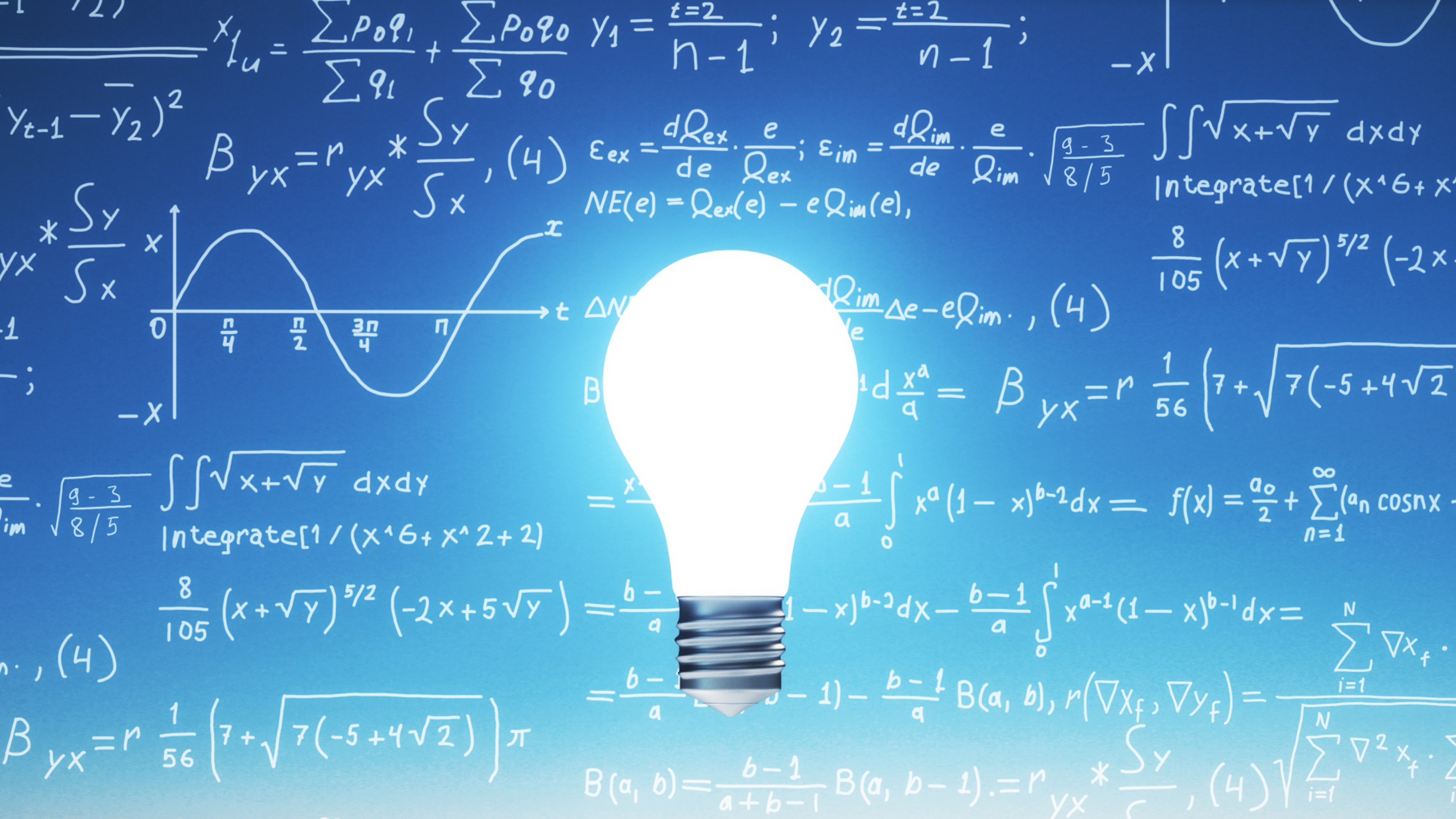Po-Shen Loh is an International Mathematical Olympiad coach, and he challenges the notion that some people are inherently “not math people.” He believes that every one has the potential to understand mathematics, as long as they start with the desire to learn.
A unique aspect of mathematics is its reliance on a sequence of dependent concepts. Unlike subjects such as history, where concepts are broader and less interdependent, math involves a deeper chain of connected ideas. This makes the learning process fragile; missing a single concept can disrupt comprehension due to the interlinked nature of mathematical ideas.
Loh draws a comparison with a train journey: If there is a gap in the track (a missing concept), the train cannot proceed. He suggests a personalized learning approach, allowing individuals to learn at their own pace in order to fill gaps in understanding. With this approach, anyone can excel in math — and even find it easier than other subjects.
Po-Shen Loh: I think that everyone in the world could be a math person if they wanted to. The key word though, I want to say, is "If they wanted to."
That said, I do think that everyone in America could benefit from having that mathematical background in reasoning, just to help everyone make very good decisions, and here, I'm distinguishing already between math as people usually conceive of it and decision-making and analysis, which is actually what I think math is.
So, for example, I don't think that being a math person means that you can recite the formulas between sines, cosines, tangents, and to use logarithms and exponentials, interchangeably- that's not necessarily what I think everyone should try to concentrate to understand.
The main things to concentrate to understand are the mathematical principles of reasoning- but let me go back to these sines, cosines, and logarithms. Well, actually, they do have value. What they are is that they are ways to show you how these basic building blocks of reasoning can be used to deduce surprising things, or difficult things. In some sense, they're like the historical coverages of the triumphs of mathematics.
So, one cannot just talk abstractly about, yes, let's talk about mathematical logic. It's actually quite useful to have case studies, or stories, which are these famous theorems.
Now, I actually think that these are accessible to everyone. I think that, actually, one reason mathematics is difficult to understand is actually because of that network of prerequisites.
You see, math is one of these strange subjects for which the concepts are chained in sequences of dependencies. When you have long chains, there are very few starting points, very few things I need to memorize.
I don't need to memorize, for example, all these things in history such as, when was the War of 1812? Well, actually, I know that one because that's a math fact, it was 1812, but I can't tell you a lot of other facts which are just purely memorized. In mathematics, you have very few that you memorize, and the rest you deduce as you go through, and this chain of deductions is actually what's critical.
Now, let me contrast that with other subjects, like say, history. History doesn't have this long chain. In fact, if you fully understand The War of 1812, that's great, and it is true that that will influence, perhaps, your understanding later of The Women's Movement, but it won't be as absolutely prerequisite in the sense that, if you think about the concepts, I actually think that history has more concepts than mathematics, it's just that they're spread out broader and they don't depend on each other as strongly.
So, for example, if you miss a week, you will miss the understanding of one unit, but that won't stop you from understanding all of the rest of the components.
So, that's actually the difference between math and other subjects, in my head. Math has fewer concepts, but they're chained deeper, and because of the way that we usually learn, when you have deep chains, it's very fragile because you can lose any one link, meaning, if you miss a few concepts along the chain, you can actually be completely lost.
If, for example, you're sick for a week, or if your mind is somewhere else for a week, you might make a hole in your prerequisites- and the way that education often works, where it's almost like riding a train from a beginning to an end, well, it's such that if you have a hole somewhere in your track, the train is not going to pass that hole.
Now, I think that the way to help to address this is to provide a way for everyone to learn at their own pace, and in fact, to fill in the holes whenever they are sensed, and I actually feel like, if everyone was able to pick up every one of those prerequisites as necessary, filling in any gap they have, mathematics would change from being the hardest subject to the easiest subject.
I think everyone's a math person, and all that one has to do is to go through the chain and fill in all the gaps and you'll understand it easier, more better than all the other subjects, actually.






